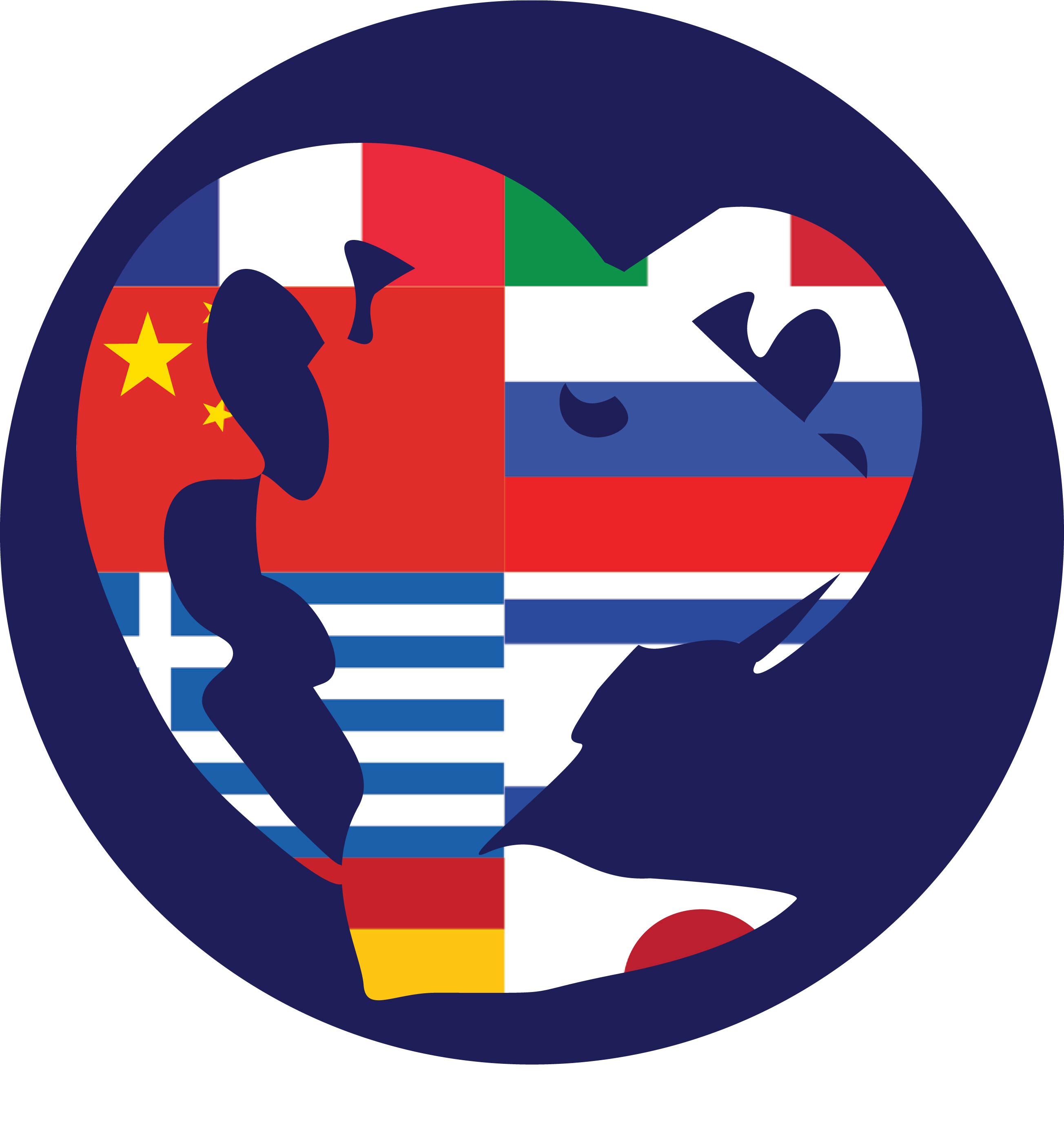URI is host to one of the country’s largest language programs. Graphic created by Elizabeth Wong.
The University of Rhode Island has one of the largest language departments in the country and according to faculty and students, offers unique opportunities for growth during college and life after college.
URI’s language department is ranked 16th nationally for long-term study abroad opportunities, has the largest Italian program in the country and has boomed in the number of majors offered since 2006 by 119 percent. The Chinese Flagship Program is one of only 12 federally-funded programs nationwide. The International Engineering Program (IEP) was established in 1987 and pioneered the idea of partnering a foreign language with another major. Since then, it has gained much prestige and recognition that students are coming from the opposite end of the country to study here.
Professor Karen de Bruin, the Language Department Chair, spoke about the long-term benefits of majoring in a language. In a country where foreign language programs are being cut left and right, not just at colleges but at the highschool level as well, the demand for multilingual employees is higher than ever before.
This desperate need in the workplace practically ensures students majoring in a language a job after college. De Bruin also pointed out that it widens the job market to not only include the U.S. but also other countries where the specialized language is spoken.
There is another perspective to majoring in a language that is not as clear: by opening one’s self up to learning another language, culture and traditions, there is a growing awareness and appreciation of people who are different.
There are several different reasons why majoring in a language is becoming such a popular aspect of URI.
For some, like junior Jack Ryan Mazzarelli, majoring in a language makes his university experience interesting and unique. As a freshman, Mazzarelli had no intention of majoring in any language. Now, he is enrolled in the Chinese Flagship Program after falling in love with it while taking a Chinese 101 class on a whim.
“Going through the Chinese Flagship Program, you have to be open to learning about a completely different society and way of living, but that is what makes it so exciting,” Mazzarelli said.
While Mazzarelli acknowledged the fact that learning Chinese is no small feat, he said that as long as there is genuine passion and willingness to learn there should be no problems.
De Bruin, who in addition to being a department chair is an associate professor of French, said that students put in the time to master another language will have an advantage over those who don’t. De Bruin also championed French as a promising language to study.
“If people want the language of the future French is one of them, which is not what students think of because their parents tell them that is the language of the past but actually no,” de Bruin said.
Languages of the future that are in demand, and yet in some cases, are the most under appreciated. De Bruin added that in a recent Forbes article, it was estimated that by the year 2050 French may even surpass Manderine as the most spoken language in the world.
Many people majoring in French know that it is the language of diplomacy, and there are others that realize that France is actually a leader in the sciences. De Bruin said that the language department is working to make highschool students more aware of the different language majors URI has to offer, as well as the benefits of majoring in particular languages.
Traditionally, students who were interested in going into education would specialize in a language. This is the case for senior Kyle Engel, who is majoring in French, Italian and Spanish.
Engel hopes to teach abroad for a couple of years to broaden his understanding of European culture and really immerse himself into the different lifestyles. Engel said there is a connection between language and creativity.
“Languages isn’t just about communicating but also about being creative and aware- learning about different aspects about the people and their language,” Engel said.
Engel wants those on the fence about whether or not to major in a language to embrace it because it will open doors and widen horizons.
Zoe Cloutier, who is majoring in Italian and French, explained that it took her quite some time to find out what she really wanted to major in because there were so many options to explore. Now, by majoring in two languages, she has many options and opportunities waiting for her in the workforce.
“I am really someone who loves so many things and am interested in so much, who wants multiple careers and I feel like language and the skills required will make me a chameleon in many different settings,” Cloutier said

